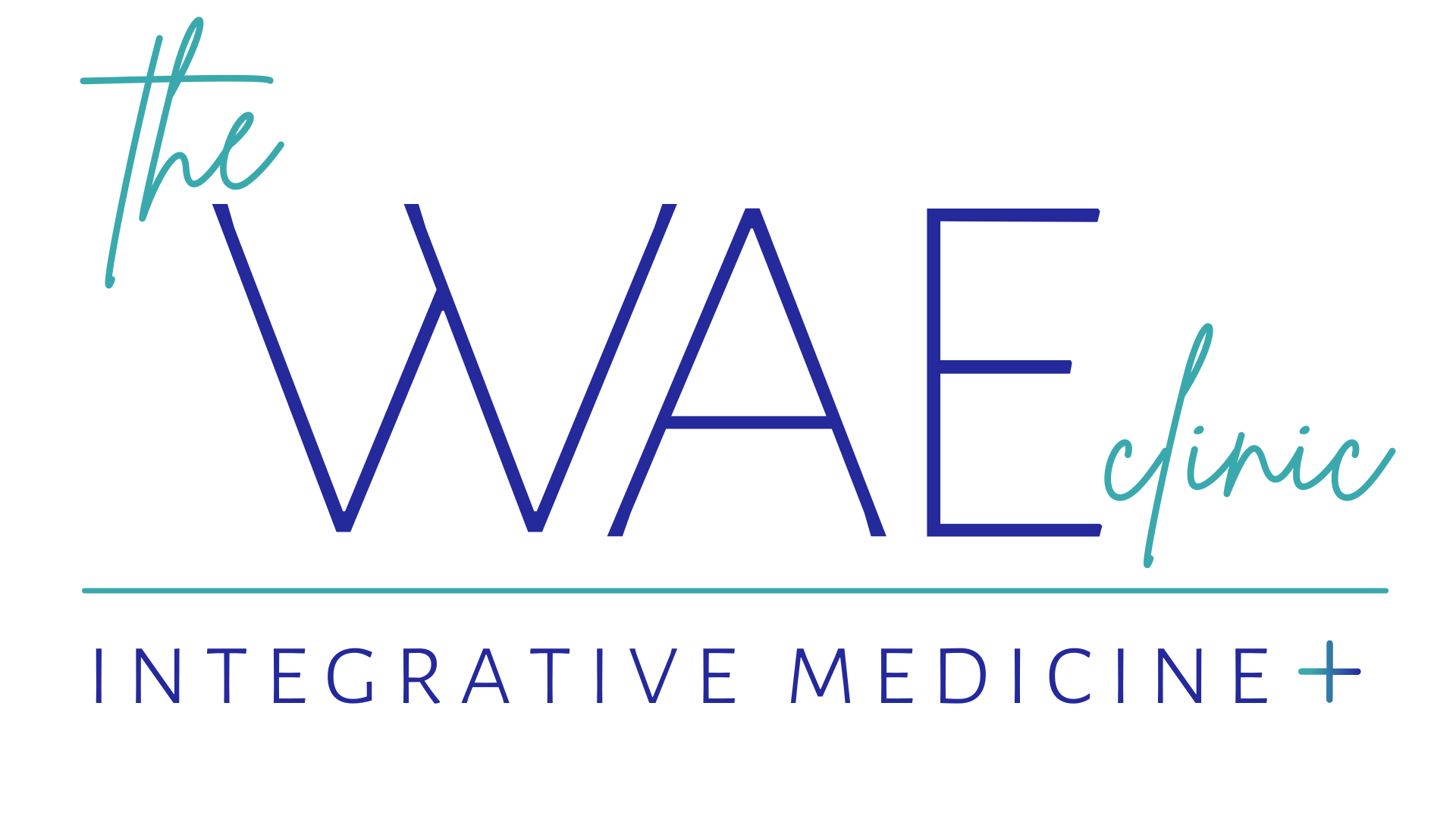Focus isn’t a hustle—it's a harmony between body, brain, and belief.”
What Is It?
Focus is more than just the ability to finish a task. It’s your brain’s ability to filter distractions, direct attention, and sustain energy in a world filled with demands. For women managing careers, family responsibilities, health goals, and the invisible “mental load” that rarely gets acknowledged, focus is more than productivity—it’s a matter of well-being.
When focus falters, many women experience not just forgetfulness or distraction but a kind of soul-level exhaustion: spinning plates, juggling roles, and wondering why even the simplest tasks feel overwhelming. From a functional medicine perspective, focus isn’t a matter of willpower. It’s a sign of how well your internal systems—your brain, hormones, nervous system, and energy regulation—are functioning together.
Signs & Symptoms of Poor Focus
If you’re struggling with focus, you’re not lazy or broken. Your body is communicating. Common signs include:
Difficulty completing tasks without distraction
Brain fog or trouble finding words
Feeling busy but not productive
Afternoon energy crashes or caffeine reliance
Irritability or overwhelm
Difficulty falling asleep despite exhaustion
These symptoms are often signs that something deeper is out of alignment.
Root Causes (Functional Medicine View)
In functional medicine, focus is a symptom of system-wide imbalance, not a stand-alone issue. Here are the most common contributors:
Blood Sugar Swings: Skipping meals or surviving on sugar and caffeine causes spikes and crashes that impair brain clarity.
Stress & Nervous System Overload: Living in chronic fight-or-flight mode depletes the ability to concentrate.
Sleep Disruption: Sleep is when the brain repairs, consolidates memory, and resets. Poor sleep equals poor focus.
Hormonal Fluctuations: Estrogen, progesterone, thyroid, and cortisol imbalances (especially during perimenopause or menstrual phases) impact focus dramatically.
Nutrient Deficiencies: Low B vitamins, magnesium, iron, or omega-3s affect neurotransmitter production.
Environmental Overload: Digital noise, clutter, and lack of boundaries drain mental bandwidth.
The Subconscious Layer: Your Hidden Focus Script
Even with perfect labs, many women still struggle to focus—and that’s where subconscious programming comes in. Neuroscience shows that up to 95% of daily thoughts, reactions, and behaviors are governed by your subconscious mind (Bargh & Morsella, 2008). That means:
If your inner script says: “I never have enough time,” your brain will filter the world to prove it true.
If you subconsciously believe rest is lazy, you’ll resist slowing down—even when your body begs for it.
Focus, then, isn’t just a scheduling problem—it’s a story problem.
The good news? These patterns are malleable. You can rewire your subconscious. Practices like nightly affirmations, mindfulness, and guided imagery have been shown to shift ingrained beliefs (Dispenza, 2012; Creswell et al., 2014).
Functional Medicine Strategies to Reclaim Focus1. Mindset Shifts
Monotask, don’t multitask: Give full presence to one task at a time.
Big Rocks First: Prioritize what’s meaningful, not just urgent.
Rest = Productive: Recovery fills your cognitive and emotional well.
Reprogram Your Story: Use nightly subconscious affirmations like, “I follow through with focus” or “My energy aligns with my priorities.”
2. Energy Management
Add nervous system resets throughout the day (breathwork, body scans, stretching)
Stabilize blood sugar with protein-rich meals and hydration
Protect your energy by saying no to what drains your attention and yes to what supports your values
Conclusion: Focus Is a Mirror, Not a Measure of Worth
When your focus is scattered, it doesn’t mean you’re failing. It means your body and brain are out of sync. Functional medicine gives us a different lens: one that sees focus as a mirror—a reflection of your internal environment, nervous system state, and subconscious beliefs.
Small shifts create big change. One breath. One boundary. One meal. One belief rewritten.
Focus isn’t about becoming someone new. It’s about aligning with the version of you who’s already capable—just waiting for the internal noise to quiet down.
Get started a personalized journey or how we can work with you to start taking care of yourself, and bring your focus back! Book your free discovery call today!
This content has been generated with the assistance of ChatGPT, an AI language model. While every effort has been made to ensure originality and accuracy, the content may inadvertently include or resemble information from other sources. This is not intentional and we encourage users to conduct their own verification if specific details are critical for their purposes. The use of this AI-generated content is for informational purposes only and should not be considered as a substitute for professional medical advice and is not intended to diagnose or treat.

